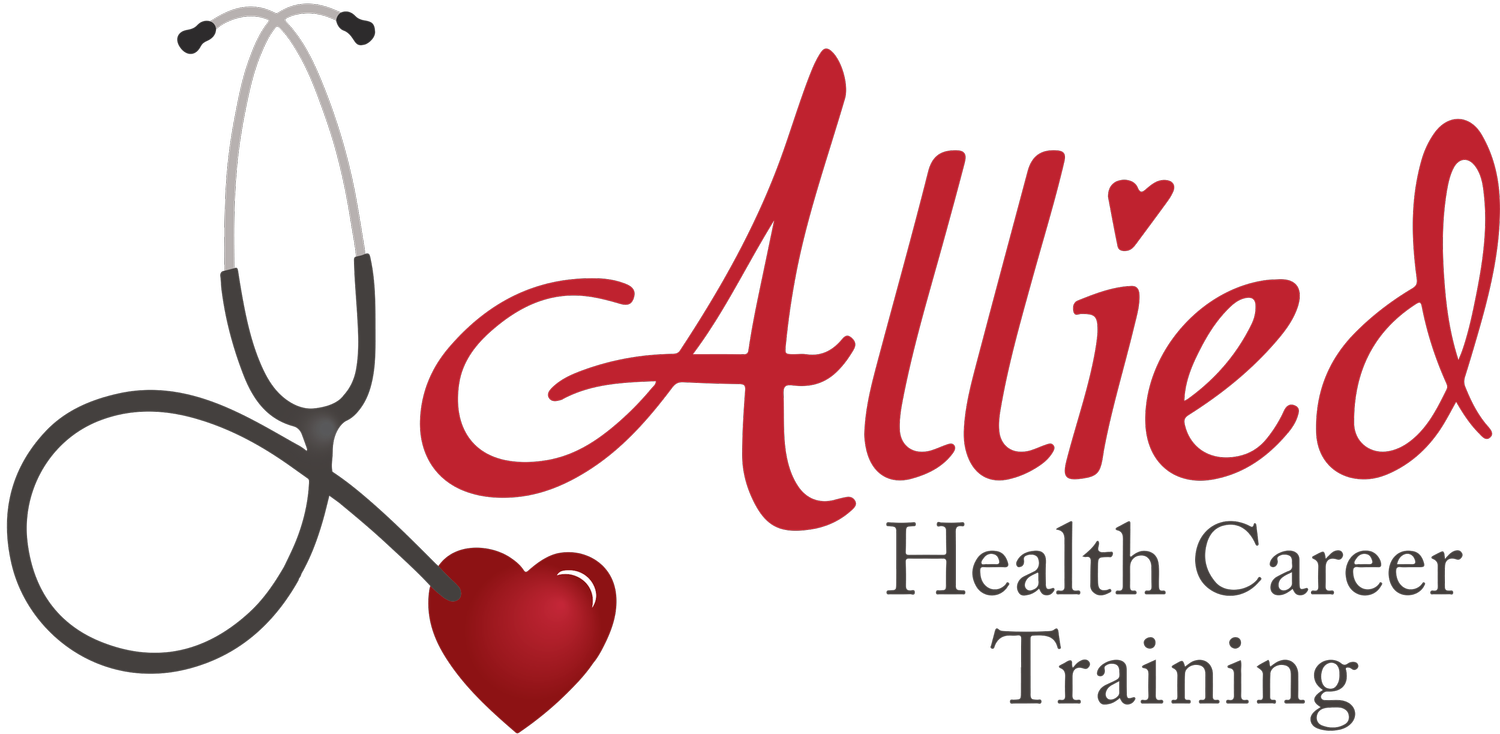ASA – Aspirin – Aspirin is commonly recommended after a myocardial infarction (MI), or heart attack, because it acts as an antiplatelet agent, preventing blood clots from forming which could lead to another heart attack by blocking blood flow in already narrowed coronary arteries; essentially, it helps to reduce the risk of a secondary cardiovascular event by preventing further clot formation at the site of the initial heart attack. When administering ASA it is important to note that if it is EC (enteric-coated, safety-coated) it should not be crushed. ASA has a SE of GI bleeding so watch for signs of occult (blood in stools) which can look like coffee grounds or have a black tar-like look. Giving ASA with food is recommended.
Beta Blockers – Beta blockers are recommended after a myocardial infarction (MI) because they significantly reduce the heart's oxygen demand by lowering heart rate and contractility, which helps to limit the size of the infarct, decrease the risk of further ischemic events, and ultimately lower the mortality rate following a heart attack; essentially, they help the damaged heart muscle recover by reducing its workload. When administering Beta-blockers (remember generics all end in lol) it is important to alter staff to sit the resident on the side of the bed for a little longer as postural hypotension is a common side effect as well as cold hands or feet (warm up the finger before POX), extreme tiredness, weight gain, dizziness, light-headedness. This means the resident is at risk for falls, so take precautions. Example: metoprolol
ACE Inhibitors – ACE inhibitors prevent an enzyme in the body from making angiotensin 2, a substance that narrows blood vessels. This narrowing can cause high blood pressure and force the heart to work harder. Therefore the blood vessels dilate allowing more blood to circulate. ACE inhibitors have a strange side effect of coughing in some people, consider this before assuming the resident might have a cold. Other common side effects can be face swelling and kidney damage, so watch for reduced urine output and tinnitus/hearing problems. Remember, what affects the kidneys can affect the hearing. Generic ACE inhibitors end in pril. Example: Lisinopril
ARBs - Help to prevent ventricular remodeling, reduce the risk of heart failure, and improve overall survival by blocking the effects of angiotensin II, a hormone that contributes to blood vessel constriction and damage to the heart muscle, effectively protecting the heart by reducing inflammation after an MI. Common side effects of ARBS are hyperkalemia (elevated levels of potassium) so watch for muscle weakness or tingling in the extremities, irregular heartbeat, and with all antihypertensives, hypotension is common so the resident will be at risk for falls. Generic ARBS ends in sartan. Example: Losartan
Anticoagulants – Anticoagulants, also known as blood thinners, are sometimes given after a myocardial infarction (MI) to prevent blood clots from forming or breaking down existing clots. The most common anticoagulant that may be given after an MI is, warfarin (Coumadin). Antiplatelets such as clopidogrel, prasugrel, or ticagrelor, are also sometimes given after an MI. Antiplatelets prevent blood cells called platelets from clumping together to form a clot. There are so many sub-groups of anticoagulants and antiplatelets, each with their own differences, but all carry the one very serious and specific danger that the CMA must be mindful of and that is hemorrhage (bleeding). Any fall especially if unwitnessed or one where the head was hit, should be considered a real danger for bleeding, remember internal bleeding may not be obvious and must be taken seriously with the nurse assessing the resident frequently and possibly transferring to the hospital to check for subdural hematoma (a collection of blood that forms between the brain and the skull, usually caused by a head injury) and is life-threatening. Coumadin has a very narrow therapeutic dose range and frequent INR labs must be drawn and monitored.

